Boeing CEO Dave Calhoun will step down at the end of the year in a management overhaul in the wake of a safety crisis at the troubled aerospace giant.
Calhoun, as well as the chairman and head of its commercial airline business, are leaving amid ongoing 737 MAX safety issues.
Wall Street responded positively to the news, with Boeing shares up 4 percent as of 8:45 a.m. EST in premarket trading.
The company has been plagued by problems, including a near-catastrophic incident on Jan. 5 when a fuselage panel on an Alaska Airlines 737 MAX 9 exploded mid-flight.
The company has since faced questions following several other potentially dangerous episodes, but regulators, airlines and passengers have been frustrated by Calhoun’s lack of answers. Shares had fallen 25 percent since the incident.
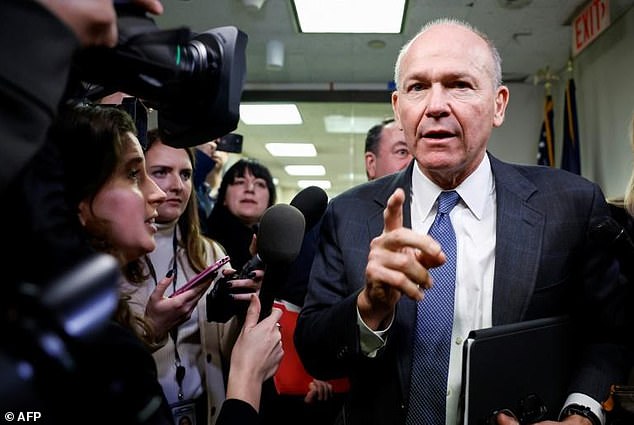
Boeing CEO Dave Calhoun to finally step down as head of troubled airline maker
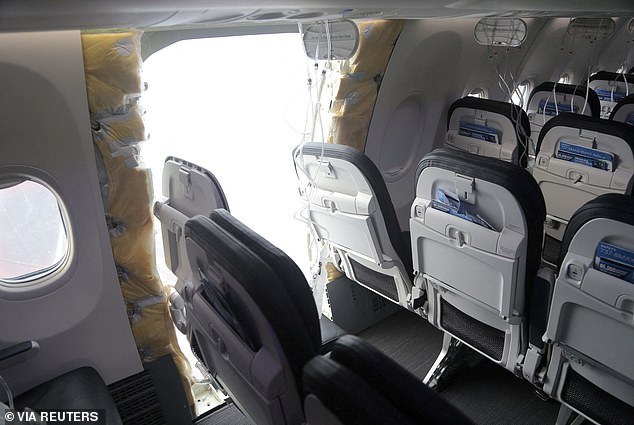

A panel exploded in the fuselage of a 737 Max 9 plane carrying Alaska Airlines passengers on January 5.
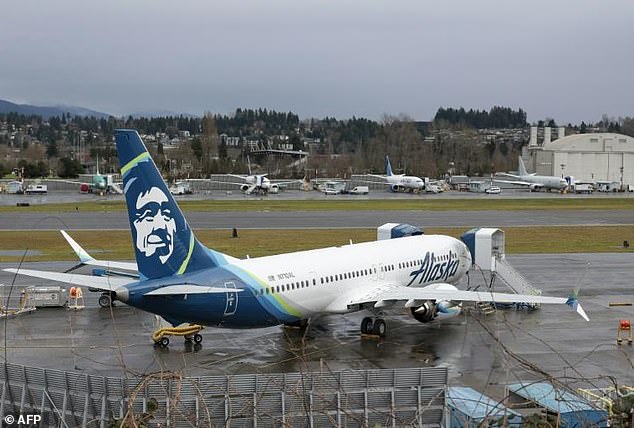

Alaska Airlines resumed service of the Boeing 737 MAX 9 following a three-week grounding following an emergency landing on January 5.
Board Chairman Larry Kellner will resign and leave at the airline maker’s annual meeting in May.
Steve Mollenkopf, head of Boeing since 2020, will take over as president and lead the search for a replacement for Calhoun.
The plane maker also said Stan Deal, Boeing’s president and chief executive of commercial aircraft, would retire. Stephanie Pope, who recently became Boeing’s chief operating officer, will take on that role.
In a letter to staff after announcing his resignation, Calhoun referenced putting “safety and quality at the forefront of everything we do.”
He added: “The eyes of the world are on us and I know we will get through this moment as a better company.”
After the news broke, Robert Pavlik, senior portfolio manager at Dakota Wealth, said: “They need more than just a reorganization at the CEO and chairman level… they are simply paralyzed in making decisions “.
Last week, the head of the Federal Aviation Administration criticized Boeing for focusing on “production” instead of “safety and quality.”
Administrator Michael Whitaker was not impressed with the aerospace giant after a visit to its facilities.
“My impressions were similar to the culture survey that was just completed at Boeing and our audit, which is that there are issues around the safety culture at Boeing,” he told Lester Holt in NBC Nightly News in a segment that will air Tuesday night.
‘Their priorities have been production, and not safety and quality. So what we’re really focused on now is changing that focus from production to safety and quality.”
The FAA has put the company under intense scrutiny and recently ordered an audit of assembly lines at a Boeing factory near Seattle, where the company builds planes such as the Alaska Airlines 737 Max that suffered a panel explosion. door.
No one was seriously injured on the flight to Alaska, but the plane was forced to make an emergency landing with a large hole in the cabin.
Investigators say the bolts that help hold the panel in place were missing after repair work at the Boeing factory.
The incident has raised scrutiny on Boeing to its highest level since two Boeing 737 Max plane crashes in 2018 and 2019 that killed 346 people.
Meanwhile, airline CEOs last week began scheduling meetings with Boeing management. In addition to concerns about manufacturing problems, they are increasingly frustrated by reductions in the number of planes delivered this year.
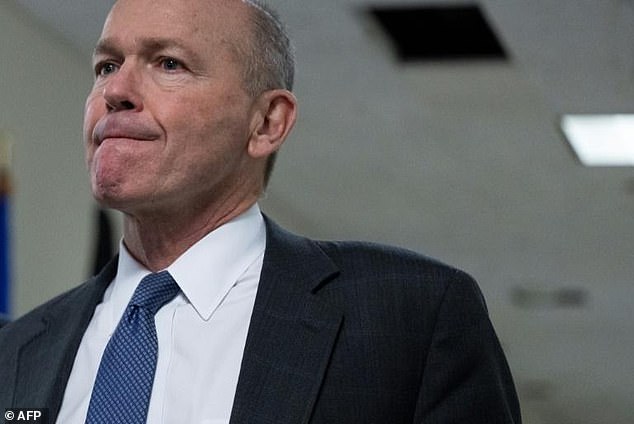

Boeing CEO Dave Calhoun to resign after safety issues mount for company
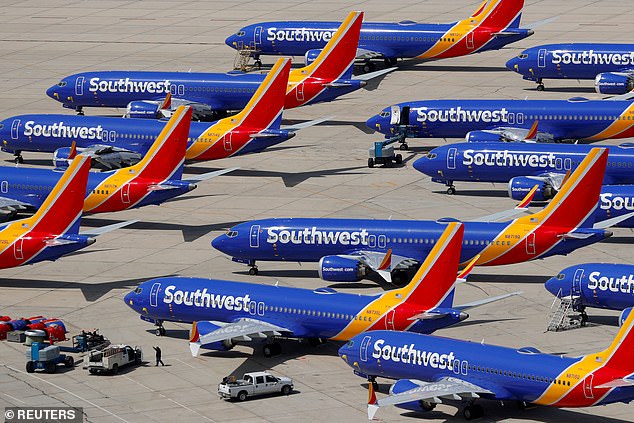

Southwest previously expected 79 737 Max planes this year, but that forecast was lowered to 46.
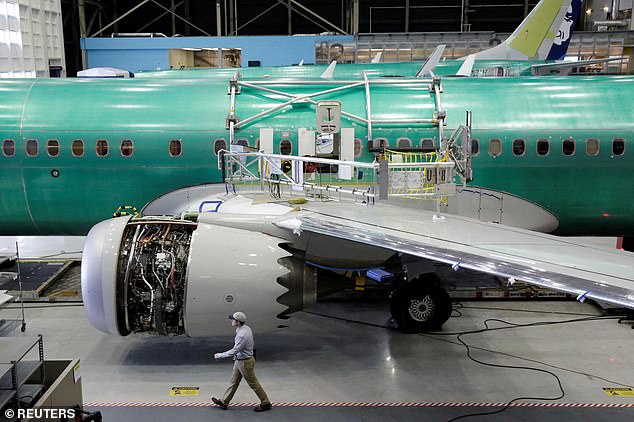

The Federal Aviation Administration limited production of the 737 Max for safety reasons
Since a door plug broke on a Boeing 737 Max during an Alaska Airlines flight in January, Boeing has gone from crisis to crisis and its stock has fallen by a quarter.
As they investigate what went wrong, federal investigators have limited production of 737 Max planes, meaning U.S. airlines won’t get all the expected planes before summer.
So far this year, Boeing has delivered just 42 aircraft to its customers despite facing an order backlog of more than 4,700 orders.
Meanwhile, United Airlines shares fell about 5 percent in premarket trading Monday following the FAA’s decision to increase its oversight of the airline following a series of recent safety incidents.
Last week, the FAA said it would begin a formal evaluation to ensure the Chicago-based airline complied with safety standards.

